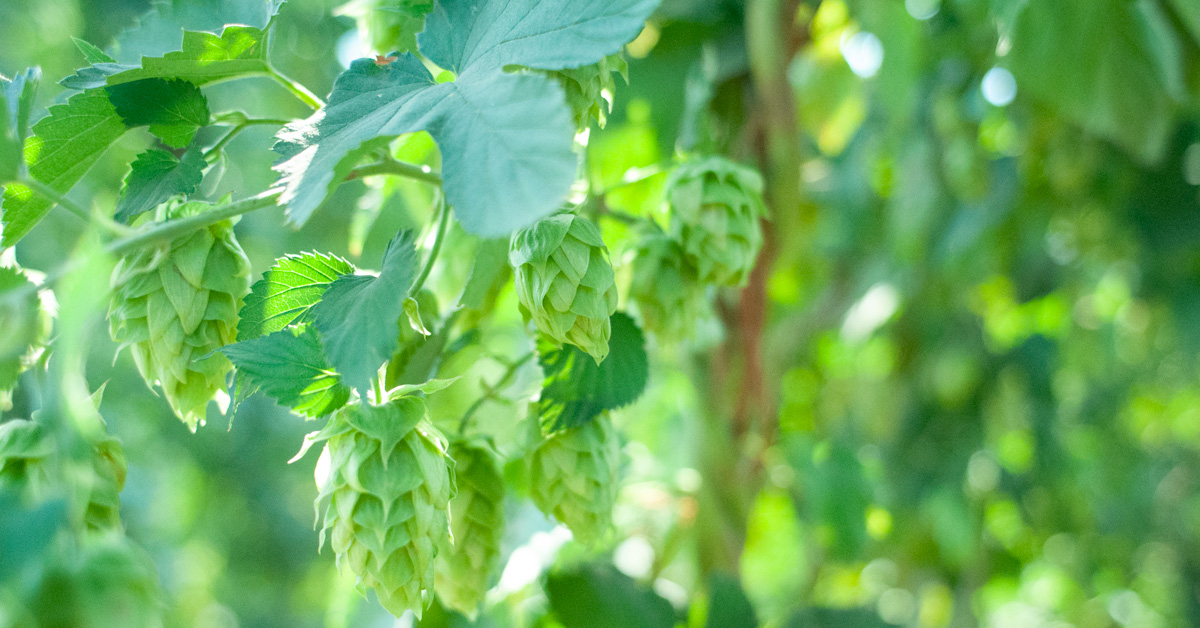 July 13, 2022
July 13, 2022
After years of exponential growth, craft breweries are now ubiquitous to beer drinkers in every corner of the country. Now these same craft lovers are starting to take notice of the craft ingredients that make their beer special.
Hops, perhaps the key flavor component of most brews, grow throughout the U.S. Dozens of small craft growers supply small breweries with local, high-quality hops. These farms are often family-run, community-centered, and count their acreage in double-digits vs. thousands.
As with craft brewers and drinkers, the relationship between farmer and customer is key. Craft breweries support buying local because they want flexibility and uniqueness in what they put in their beers. Chris Basso, brewmaster at Newburgh Brewing in Newburgh, N.Y., explains, “We have the ability to really know the producer and be able to talk with them on a personal level as well as discuss any brewing-related topics that might arise in regard to the hops.”
Basso buys from Crooked Creek Hops Farm in Addison, N.Y. Crooked Creek owner Chris Holden believes that some of the biggest advantages of being a craft farmer are loyalty and relationships. “I think that from a farmer’s standpoint, we want to look at it from the German model: we have a customer base who we work with from year to year and we have people who rely on us for generations.”
He also appreciates the independence of having a small farm. Crooked Creek grows eight acres of primarily Cashmere, Michigan Copper, Triumph, and Cascade. Smaller growers have the ability to focus on a few varieties that thrive on their unique plot of land versus being expected to grow every variety a brewer desires. “If we can plant a single variety per plot, that’s what we want,” says Holden.
Holden is also the director of sales and marketing for the New York Hop Guild. The guild is critical in supporting a variety-focused farming approach. It consolidates hops from smaller New York growers and distributes to craft breweries. Brewers get the convenience of buying from one distributor, while farmers can focus on what they do best.
Chris DellaBianca of Billy Goat Hop Farm in Montrose, Colo., also values his craft connections. “The relationship with the brewers is why we got into it,” he says. “I was working for a brewery before I got into hop farming and it’s still nice to be involved.” He currently distributes directly to about 75 breweries in the southwest U.S., as Colorado lacks the same grower support network as New York.
At 32 acres, Billy Goat is the largest hop farm in the Southwest. DellaBianca takes pride in growing several varieties of Neomexicanus, a hop native to Colorado and New Mexico, along with more traditional varieties.
The farm’s small scale means DellaBianca gets direct feedback and sees the fruits of his labor first-hand. “I know exactly where my hops are going…



